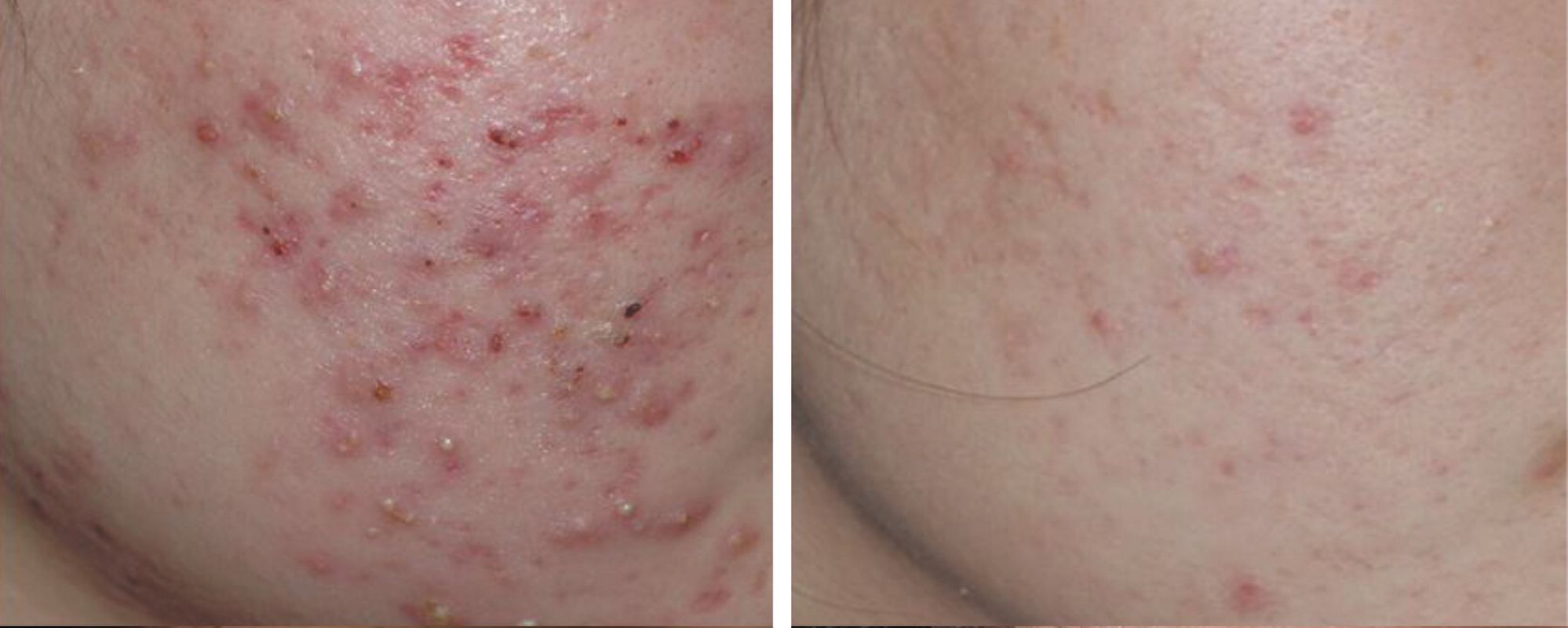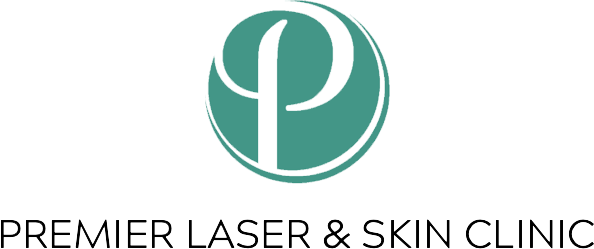Acne is the UK’s most common skin condition, and involves spots and cysts developing on the face, and sometimes back and chest. Acne is often attributed to increased levels of testosterone when it occurs in the teenage years, but it can also run in families, and women in particular often experience it when they experience hormonal changes during their period or during pregnancy.
There are many treatments for acne, and this has in itself become a major industry, as the condition is so common and problematic for sufferers. There are face washes, medication, creams and emollients that are often advised and prescribed. Trying to remove blackheads or spots manually causes scarring, but the skin being broken and damaged is often enough to cause scarring.
Scarring occurs when spots or cysts swell and break the follicle wall, damaging tissue and leaving skin discoloured and broken. Unfortunately, for many, it’s unavoidable as acne is particularly rough with our skin. But all hope is not lost, you can treat acne scars and make the healing process easier if you understand your skin a little bit better, and know what will make those scars go away.
 Dermal fillers
Dermal fillers
Many acne scars resemble ‘craters’, as not enough tissue has been produced to replaced to heal the wound, so dermal fillers can raise the surface of “depressed areas”. Dermal fillers are often used to make wrinkles appear less prominent and deep, but it can work wonders for acne scars too. It’s a non-invasive treatment as well, so you can do it in your lunch hour.
Punch excisions
This might sound nasty, but it’s only slightly more invasive than dermal fillers, and it works very well with deeper scars, such as ‘ice pick scars’. The area will be numbed, and the dermatologist will cut out the scar, before closing it again with a small stitch, which is removed in under a week.
There are punch techniques for all kinds of acne scars, some involving samples of skin from other parts of the body ‘plugging’ the wound.
Steroid injections
Steroid injections are suitable for thick scars that are raised above the surface of the skin – steroids can make them flatter and less obvious. It’s a quick and fairly painless procedure, and any lesions will heal after a couple of weeks.
Laser treatment
Laser treatment can be especially effective for both those still suffering from acne, and those who have treated the condition successfully, but are left with scars.
If you’re still suffering, an anti-acne facial will help to reduce oiliness – the main cause of acne – and give you smoother, fresher skin. Many find that acne treatments are especially harsh, but this is a gentle procedure, suitable for all skin types.
As the oiliness is reduced, breakouts become less frequent and severe, and the old, damaged layer of skin peels away.
Another way to rid yourself of troublesome and often painful breakouts, and the scars which have been left behind, is a microdermabrasion treatment.
A specially selected serum, which complements your skin type, is used with pneumatic pressure and penetrates deep into the skin. This pushes new cells to the surface of the skin. The top layer of dead skin is exfoliated, collagen is rebuilt and rejuvenated, and acne scars appear faint over time.
Don’t feel defeated if you’re suffering from acne scars, there are plenty of cosmetic options, which can give you smooth, replenished and glowing skin.
